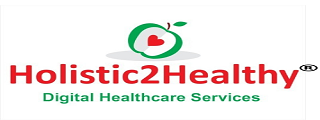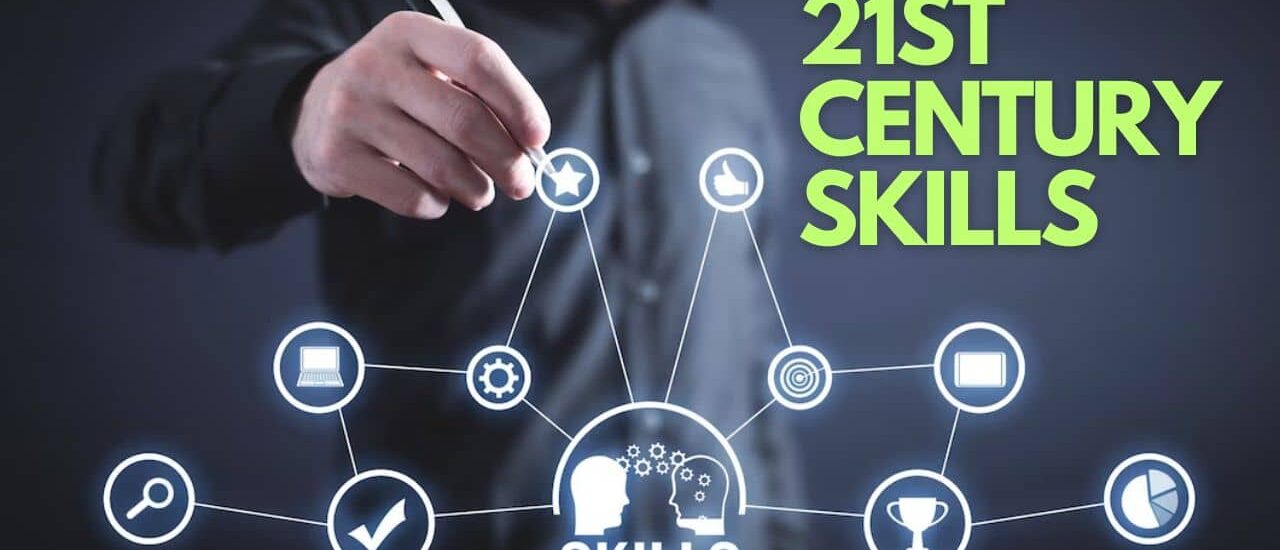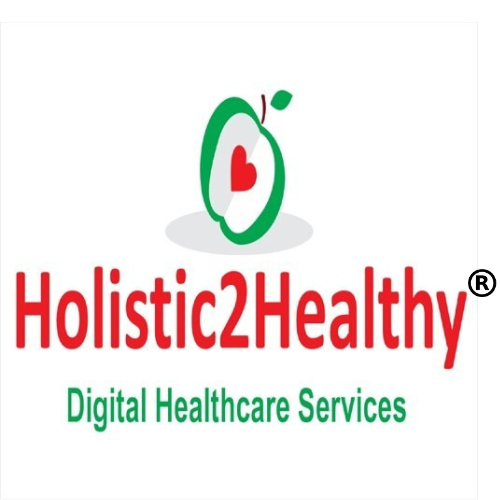In today’s rapidly evolving world, traditional skills alone are no longer sufficient for success. The 21st century demands a new set of competencies that go beyond textbook knowledge. These skills, often referred to as “21st century skills,” are crucial for individuals to thrive in the modern workforce and navigate the complexities of a digital age. In this blog post, we will explore what exactly 21st century skills are, why they matter, and how they can be cultivated to unlock personal and professional success.
The 21st century skills refer to a set of abilities and competencies that are essential for success in the modern world. These skills are often considered to be critical for individuals to thrive in the workplace, engage in lifelong learning, and adapt to the rapidly changing technological and social landscape.
While different sources may present slightly different lists, here are some commonly recognized 21st century skills:
- Critical thinking: The ability to analyze, evaluate, and interpret information to form reasoned judgments and make informed decisions.
- Creativity: The capacity to think imaginatively, generate original ideas, and apply innovative approaches to problem-solving.
- Collaboration: The aptitude to work effectively and cooperatively with others in diverse teams, valuing different perspectives and contributing to shared goals.
- Communication: The skill to express ideas and information clearly, both verbally and in written form, and to actively listen and comprehend others.
- Information literacy: The ability to locate, evaluate, and effectively use digital information from a variety of sources, while understanding its credibility and relevance.
- Technological literacy: The competence to use digital tools and technology effectively, adapt to new technologies, and navigate digital environments.
- Media literacy: The capability to critically analyze and evaluate media messages, understand media bias, and create media content responsibly.
- Adaptability: The capacity to embrace change, be flexible, and quickly adjust to new situations and challenges.
- Initiative: The willingness to take independent action, show self-motivation, and drive projects forward.
- Problem-solving: The ability to identify problems, develop creative solutions, and implement effective strategies to address challenges.
- Emotional intelligence: The skill to recognize and understand one’s own emotions and those of others, and to manage emotions effectively in interpersonal relationships.
- Cultural competence: The understanding and appreciation of diverse cultures, perspectives, and global issues, along with the ability to interact respectfully and effectively across cultural boundaries.
- Global awareness: The knowledge and understanding of global interconnectedness, geopolitical issues, and the ability to participate in an increasingly interconnected world.
- Leadership: The capacity to inspire and guide others towards shared goals, take initiative, and make ethical decisions.
- Resilience: The ability to bounce back from setbacks, persevere in the face of challenges, and adapt to adversity.
- Entrepreneurship: The mindset and skills to identify opportunities, take risks, and create and manage innovative projects.
- Financial literacy: The understanding of basic financial concepts, such as budgeting, saving, investing, and managing personal finances.
- Ethics and integrity: The awareness of ethical principles and values, and the commitment to act with integrity and responsibility in personal and professional contexts.
- Civic literacy: The knowledge and understanding of democratic principles, social issues, and the ability to engage in responsible civic participation.
- Collaboration across networks: The ability to engage and collaborate with individuals from different backgrounds and cultures, leveraging digital tools and networks.
- Lifelong learning: The commitment to continuous learning and self-improvement, embracing new knowledge and skills throughout one’s life.
Also Read:- The Power of 21st Century Learning Skills for Children
It’s important to note that these skills are not mutually exclusive or exhaustive, and there may be other skills that can be considered important in the 21st century. Additionally, the importance and emphasis on certain skills may vary depending on specific contexts and industries.
1. What Are 21st Century Skills?

21st century skills encompass a broad range of abilities and knowledge that are considered essential for individuals to excel in the modern world. They go beyond traditional academic subjects and emphasize the development of critical thinking, collaboration, communication, creativity, adaptability, and several other important criteria.
a) Digital Literacy and Technology Skills: With technology being deeply integrated into our personal and professional lives, proficiency in digital tools, information management, and data analysis is essential. Digital literacy enables individuals to navigate the digital landscape confidently, critically evaluate online information, and use technology effectively.
b) Entrepreneurship and Initiative: 21st century skills also emphasize the ability to identify opportunities, take initiative, and think entrepreneurially. This criterion encourages individuals to be proactive, innovative, and willing to take calculated risks to pursue their goals and make positive changes.
c) Global Awareness and Cultural Competence: In an increasingly interconnected world, understanding different cultures, global issues, and perspectives is crucial. Cultural competence fosters empathy, collaboration, and the ability to work harmoniously with people from diverse backgrounds.
d) Emotional Intelligence and Well-being: 21st century skills extend beyond cognitive abilities to include emotional intelligence. Emotional intelligence involves self-awareness, self-regulation, empathy, and effective interpersonal skills. Cultivating emotional intelligence enhances well-being, resilience, and positive relationships.
e) Media and Information Literacy: In the age of rapid information dissemination, media literacy is vital. This skill enables individuals to critically evaluate media messages, identify biases, differentiate between reliable and unreliable sources, and understand the impact of media on society.
f) Financial Literacy: In a world driven by economic considerations, understanding financial concepts and practices is crucial. Financial literacy equips individuals with the knowledge to make informed decisions about budgeting, saving, investing, and managing personal finances effectively.
g) Leadership and Responsibility: 21st century skills encompass leadership qualities such as effective decision-making, problem-solving, and taking responsibility for one’s actions. Strong leadership skills enable individuals to guide and inspire others, foster collaboration, and drive positive change.
Also Read:- Empowering Young Minds: Nurturing 21st Century Literacy Skills in Children
2. The Importance of 21st Century Skills

a) Employability and Career Success: Employers today seek individuals who possess a strong foundation in 21st century skills. These skills demonstrate adaptability, innovation, and the ability to contribute effectively to a rapidly changing work landscape. Employees with well-developed 21st century skills are more likely to secure rewarding careers and enjoy long-term professional growth.
b) Lifelong Learning: 21st century skills are not only relevant in the workplace but also in everyday life. They empower individuals to become lifelong learners, enabling them to acquire new knowledge, adapt to emerging technologies, and remain competitive in a knowledge-based society.
c) Global Citizenship: The challenges we face today, such as climate change, social inequality, and cultural diversity, require individuals to possess 21st century skills to contribute meaningfully to their communities and the world at large. These skills foster empathy, collaboration, and the ability to engage in respectful and constructive dialogue.
d) Personal Growth and Well-being: Developing 21st century skills promotes personal growth and well-being. By enhancing critical thinking, communication, and emotional intelligence, individuals can better understand themselves, build healthier relationships, and navigate life’s challenges with resilience and confidence.
Also Read:- Cultivating 21st Century Life Skills in Children : Empowering Tomorrow’s Leaders
3. Why Do 21st Century Skills Matter?

a) Employability and Career Success: Employers today seek individuals who possess a strong foundation in 21st century skills. These skills demonstrate an individual’s ability to adapt, innovate, and contribute effectively to a rapidly changing work landscape. Employees with well-developed 21st century skills are more likely to secure rewarding careers and enjoy long-term professional growth.
b) Lifelong Learning: 21st century skills are not only relevant in the workplace but also in everyday life. They empower individuals to become lifelong learners, enabling them to acquire new knowledge, adapt to emerging technologies, and remain competitive in a knowledge-based society.
c) Global Citizenship: The challenges we face today, such as climate change, social inequality, and cultural diversity, require individuals to possess 21st century skills to contribute meaningfully to their communities and the world at large. These skills foster empathy, collaboration, and the ability to engage in respectful and constructive dialogue.
4. Cultivating 21st Century Skills

a) Education and Curriculum Reform: Schools and educational institutions play a vital role in fostering 21st century skills. Integrating these skills into the curriculum through project-based learning, collaborative activities, and interdisciplinary approaches can help students develop a well-rounded skill set.
b) Professional Development and Training: Organizations can invest in professional development programs that focus on enhancing employees’ 21st century skills. Providing opportunities for training, mentoring, and continuous learning enables individuals to adapt to changing workplace dynamics and contribute more effectively.
c) Self-Directed Learning: Individuals can take responsibility for their own skill development by engaging in self-directed learning. Online courses, webinars, workshops, and networking opportunities can help individuals acquire and strengthen 21st century skills.
d) Collaboration and Networking: Actively seeking opportunities to collaborate with others, participating in team projects, and engaging in networking activities can enhance 21st century skills such as collaboration, communication, and cultural competence.
e) Reflection and Continuous Improvement: Regularly reflecting on one’s strengths and areas for improvement, seeking feedback, and actively working on self-improvement can enhance 21st century skills. This includes fostering a growth mindset and embracing a lifelong learning approach.
Conclusion
In the 21st century, traditional knowledge is no longer sufficient to navigate the complexities of an interconnected and rapidly changing world. 21st century skills encompass a wide range of competencies that are essential for success in the modern workforce and society. By cultivating critical thinking, collaboration, communication, creativity, adaptability, and other important criteria, individuals can unlock their full potential, embrace lifelong learning, and make a positive impact in their personal and professional lives. Embracing and developing these skills is not just an option but a necessity in the digital age. By fostering these skills, individuals can thrive in an ever-evolving world and contribute meaningfully to a brighter future.









